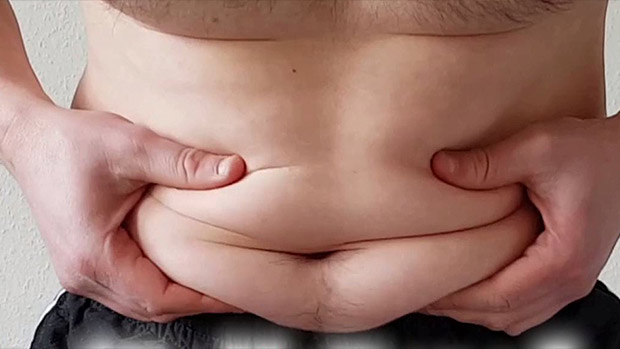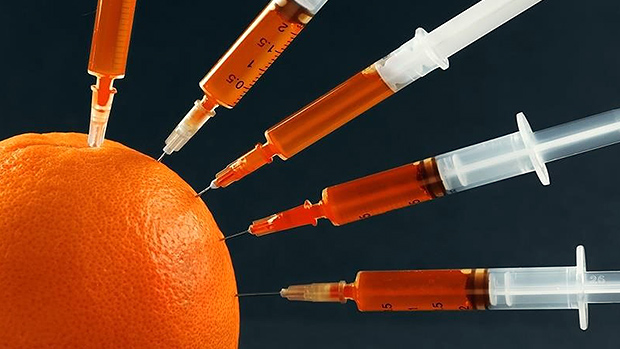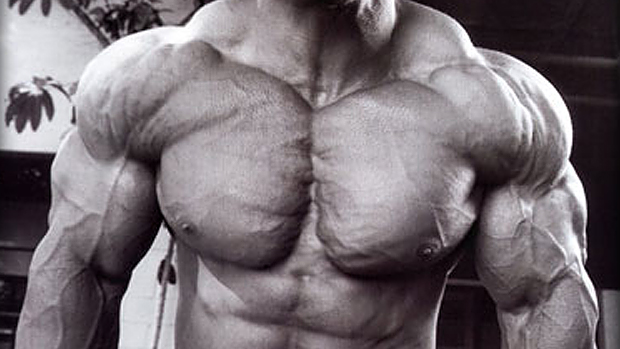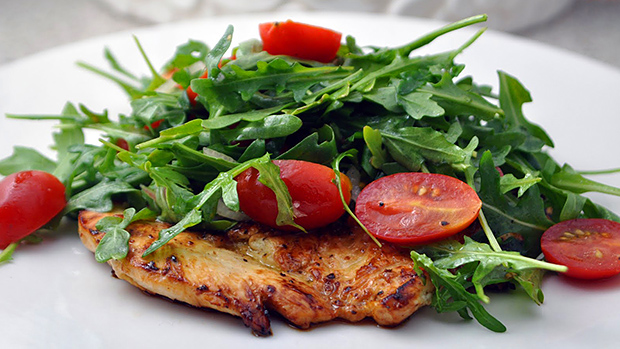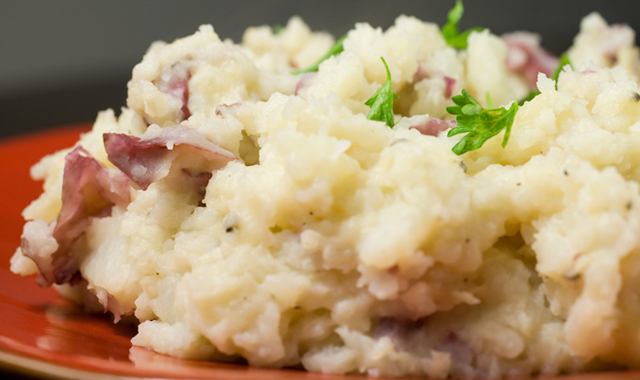Ask yourself this: Am I lean enough to need a cheat or refeed? Some people can get their body fat tested and decide what to do. But there's a simpler way to go about determining this.
First, get naked, stand in front of a mirror, and jump up and down. Is there a lot of jiggling going on?
Lots of jiggle
If there's jiggling in a multitude of places, then you probably don't need to cheat. Adhere to the diet for a while and then see.
Moderate jiggle
If you've been really nailing that diet for quite some time, and cravings are starting to increase exponentially, you may be a cheat candidate.
Hardly any jiggle
A planned cheat or refeed is probably fine when you feel like you need it.
Once you've reached a point of being satisfied with your fat loss and want to make a cheat meal part of your weekly schedule, then do so. For those who've gotten the jiggle rate down to nearly nothing, you've probably already figured out when a refeed or cheat serves you best. And the leaner you get, it's likely that quality refeeds can and should be done a little more often.
Both cheat meals and refeeds are for people who've been in a caloric deficit for an extended period, and usually have lost a significant amount of body fat. Some people think five or six days of dieting requires a cheat meal. It does not. You could go months and months in a caloric deficit and never actually need to cheat.
The longer you adhere to a plan that puts you in a caloric deficit, the more likely a refeed or cheat meal is necessary for success. If you're a male above 15 percent body fat, then you've still got plenty of good ol' blubber to peel off before any of these physiological issues will manifest.
The leaner you get, and I'm talking sub-10 percent body fat here, the more likely you'll need to implement cheats or refeeds. Leaner people also tend to be more insulin sensitive, and their bodies are better at nutrient partitioning – extra calories are shuttled into the muscle cells and used rather than just packed into more layers of fat.

